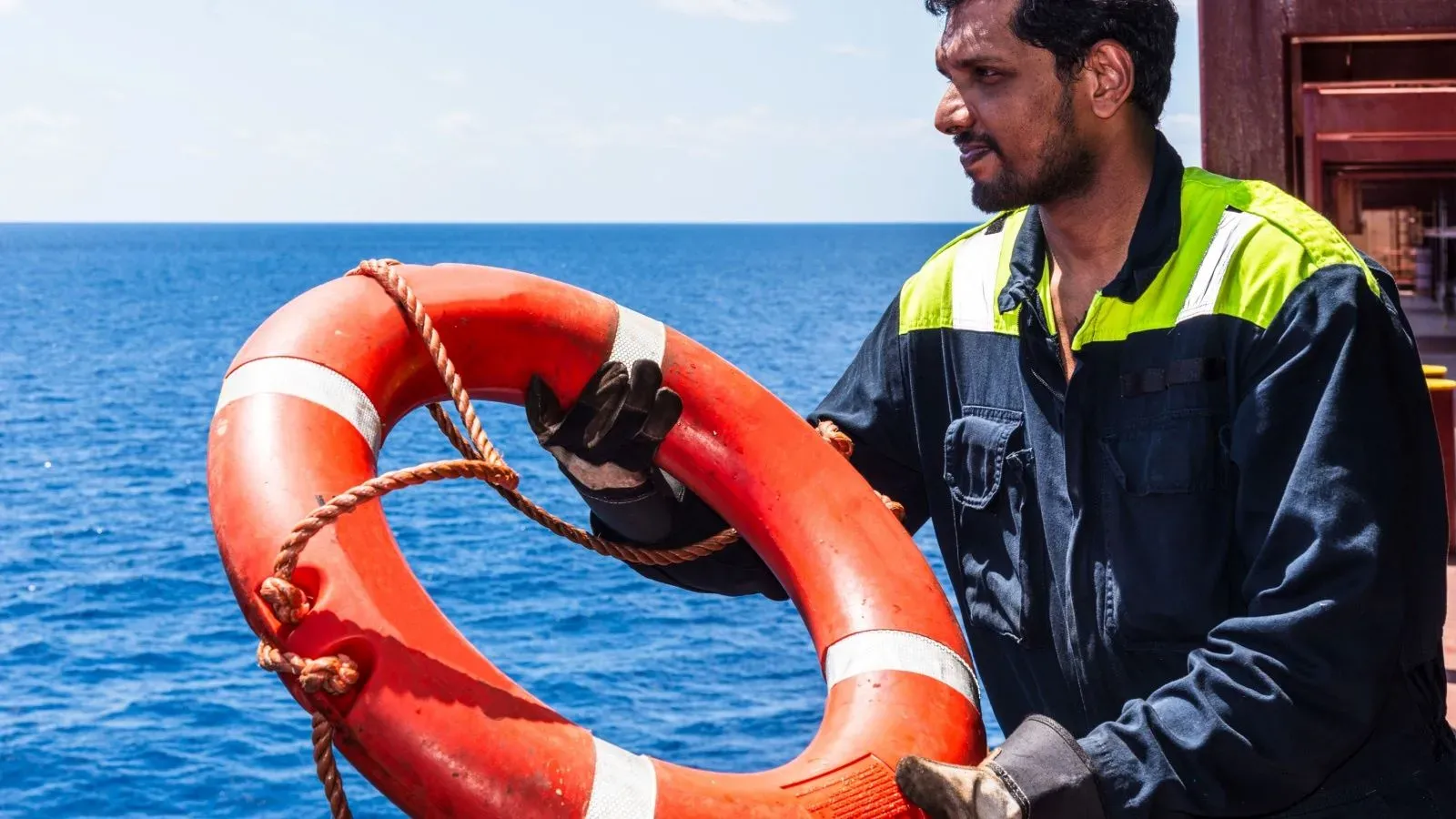Personal Finance News
Should seafarers file Income Tax Return every year or only when they fail to complete NRI period?

4 min read | Updated on April 04, 2025, 11:10 IST
SUMMARY
If a seafarer spends 183 days or more outside India, their salary earned for services rendered on a foreign ship, credited to a Non-Resident External (NRE) account, is generally exempt from tax in India

Seafarers should ideally file their tax returns by 31st July of the relevant assessment year. | Representational image source: Shutterstock
Seafarers are considered Non-Resident Indians (NRIs) if they stay in India for less than 182 days in a financial year, which typically happens when they sail for 183 days or more.
However, if they fail to meet this criterion due to unforeseen circumstances, their residential status may change to Resident Indian. For seafarers, the period outside India is typically calculated based on entries in their Continuous Discharge Certificate (CDC), which records the dates of joining and signing off from a ship, as per CBDT Notification No. 70/2015.
If a seafarer spends 183 days or more outside India, their salary earned for services rendered on a foreign ship, credited to a Non-Resident External (NRE) account, is generally exempt from tax in India (per CBDT Circular No. 13/2017).
As such, seafarers who work on foreign ships typically aim to maintain their Non-Resident Indian (NRI) status by sailing outside India for at least 183 days in a financial year. This helps them avoid taxation on their foreign-earned income in India. However, there are situations where seafarers may not be able to complete the required 183 days outside India due to contract changes, personal reasons, or emergencies.
Tax implications
Filing Income Tax Returns
Seafarers should ideally file their tax returns by 31st July of the relevant assessment year.
For instance, tax return for FY 2024-25 should be ideally filed by 31st July 2025. Further, tax returns, including a belated ITR along with applicable interest/ penalty fee, cannot be filed or revised after December 31 of the relevant assessment year unless an extension is granted through a specific notification.
However, with the introduction of Section 139(8A), seafarers now have the option to file an updated return (ITR-U) up to 4 years from the end of the relevant assessment year, subject to payment of additional tax.
This provision provides significant relief for seafarers, who often spend extended periods at sea with limited access to communication and online filing facilities, causing them to miss the ITR filing deadlines. With this extended timeline, seafarers who were unable to file their returns on time can now comply with tax regulations and avoid unnecessary penalties.
Related News
By signing up you agree to Upstox’s Terms & Conditions
About The Author
Next Story



